If 2020 has taught us one thing, it is the length nurses and midwives will go to protect our population. Amid the adversity of the COVID-19 pandemic, nurses and midwives demonstrate their crucial roles in the health care team, and exemplify what it means to be a caretaker on the frontline.
Fittingly, the World Health Organization designated 2020 the International Year of the Nurse and the Midwife. This honorable distinction aims to elevate nursing internationally, and recognize the many essential roles nurses play in our health care teams.
Nursing and midwifery are deeply personal career choices, with each individual holding unique motivations for their entry into the profession. We asked University of Utah College of Nursing faculty members from varying disciplines what the Year of the Nurse and the Midwife means to them.
ANN HUTTON, PHD, APRN
Assistant Professor (Clinical)
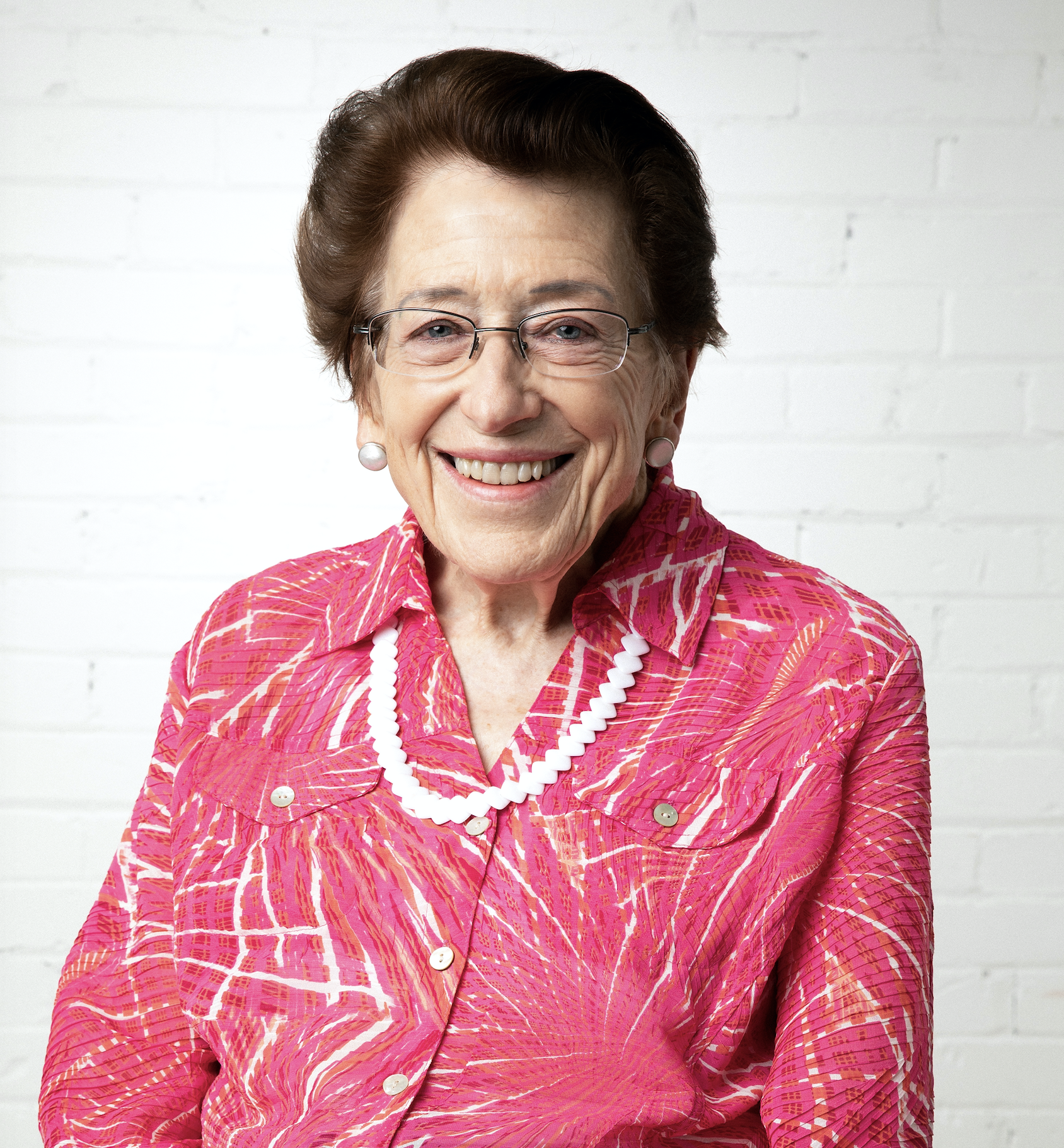
As a psychiatric/mental health advanced practice registered nurse for more than 60 years, Ann Hutton knows a thing or two about nursing. Due to her decades-long career, Hutton possesses a deep historical knowledge of the profession. “When I started out in nursing, we did everything including cleaning the springs on the bed,” Hutton says. “Nurses were there to take care of the patients, as well as the environment.” In the past, nurses were often tasked with completing the brunt of hospital work, seldom receiving commendation. However, Hutton believes nurses are finally receiving improved recognition and increased respect. “If you’ve ever been a patient in the hospital and felt helpless and dependent, you want to be able to have a person that you can access and trust,” Hutton says. In Hutton’s experience, that person is often a nurse. She is grateful that the profession has become elevated throughout her many years in the field.
The Year of the Nurse and the Midwife is a quiet and reflective celebration for Hutton. She believes the profession is deeply personal, and is taking the year to reflect on the relationships she has fostered with colleagues and patients. “I’ve had a lot of reward in my practice. It isn’t like I want to go around saying ‘look at me, look at what I can do,’ it is more a quiet feeling of gratitude that I was able to help someone,” explains Hutton, reflecting the humble and selfless attitude of nurses and midwives everywhere. “I don’t want to say that what I did was wonderful, I want to say that helping people is wonderful.” The selfless humility of nurses and midwives is a trait that has remained constant throughout Hutton’s 60 years of service.
KIMBERLY GARCIA, DNP, CNM, WHNP, BA
Associate Professor (Clinical)
Director, Certified Nurse Midwifery Specialty Track Director
Director, Women’s Health Nurse Practitioner Specialty Track
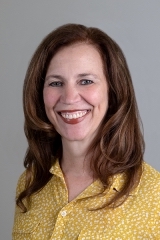
Kimberly Garcia sees midwifery as a tool to empower women and give them ownership of the work it takes to become a mother. As a midwife, feminist, and mother herself, Garcia understands the knowledge and strength midwives pass down to their patients. “I want to empower my patients the way that my midwives empowered me, taught me about my body, taught me how to breastfeed, and told me I could do it,” says Garcia. “I stand on the shoulders of many women before me, and I want to pay forward everything that’s been paid to me.” As a nurse-midwife, Garcia believes the intimate care she gives her patients during the highly transitional period of childbirth affects mother and baby for generations to come. “Midwives have the ability to positively affect a woman’s health and happiness,” Garcia explains. “This care directly impacts how children are raised.”
Garcia compares the Year of the Nurse and the Midwife coinciding with the COVID-19 pandemic to a “mother that wants to go to bed, and then forgets that she has to put the laundry in the dryer.” Like the mother in Garcia’s example, the exacting work of nurses and midwives is never complete, even in their moments of solitude. “As nurses and as women, we’re worker bees,” says Garcia. “It’s ironic that we’re experiencing a global pandemic the same year of honoring our profession.” Even in the adverse climate of 2020, Garcia hopes nurses and midwives can enjoy a break from their many responsibilities to celebrate their honorary year with their fellow nurses and midwives around the world.
KATHI MOONEY, PHD, RN, FAAN
Distinguished Professor
Louis S. Peery, MD and Janet B. Peery Presidential Endowed Chair in Nursing
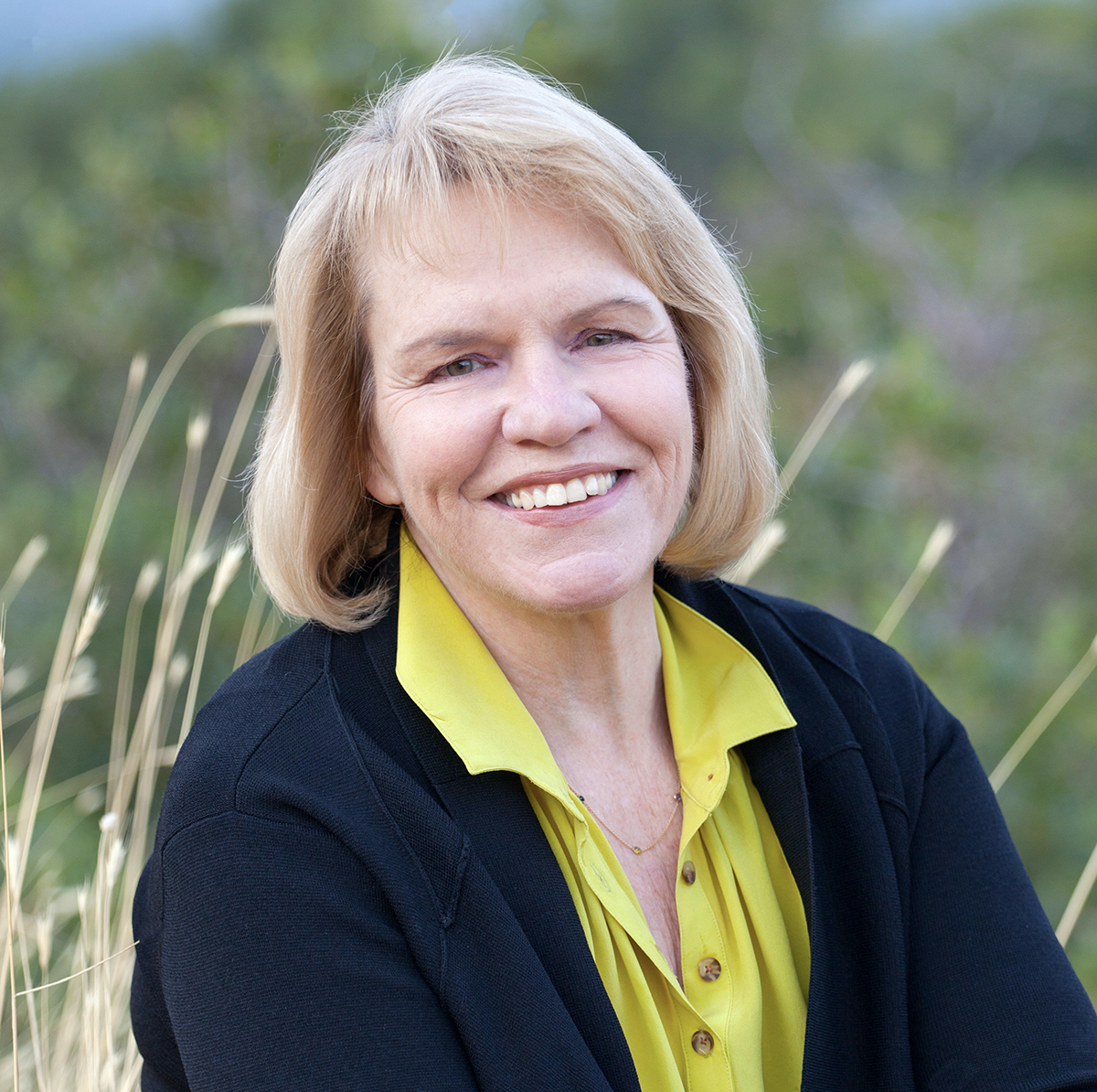
For Kathi Mooney, the Year of the Nurse and the Midwife is an opportunity to recommit to the future of nursing. “If we were to have the Year of the Nurse and the Midwife in 50 years from now, what would we have accomplished?” she asks, challenging fellow nurses and midwives to reflect on the progression of their field, and to imagine the advancement of the profession moving forward. “Calling attention to the profession is beneficial,” Mooney continues. “But it’s also important to think about how nursing and midwifery contributes to the health world, and what additional steps we need to take in order to bring our full talent to the table.”
As nursing has progressed, Mooney believes that the profession has become elevated within the health care field. She explains that as career opportunities for women have expanded, individuals who enter the field do not become nurses for lack of career choice, but because they have a calling for care. “I would say now that girls and adolescents looking at career options have a much wider variety and mental model of what they might do,” she says. “So those who choose nursing choose it not because it was ‘do you want to be a teacher or do you want to be a nurse?’ It’s because it is the role that they want to take on in their career.” Choosing nursing over other health care professions is not only a personal career choice, but a reflection on the role an individual wants to play in a patient’s healing process, explains Mooney. “I don’t want to be in and out of a room or a clinic. I want to be with patients experiencing health-related issues. Nursing was the career that had the time to develop the relationship and be part of the healing process.”
SUE CHASE-CANTARINI, DNP, RN, CHSE
Associate Professor (Clinical)
Director, RN-BS Specialty Track
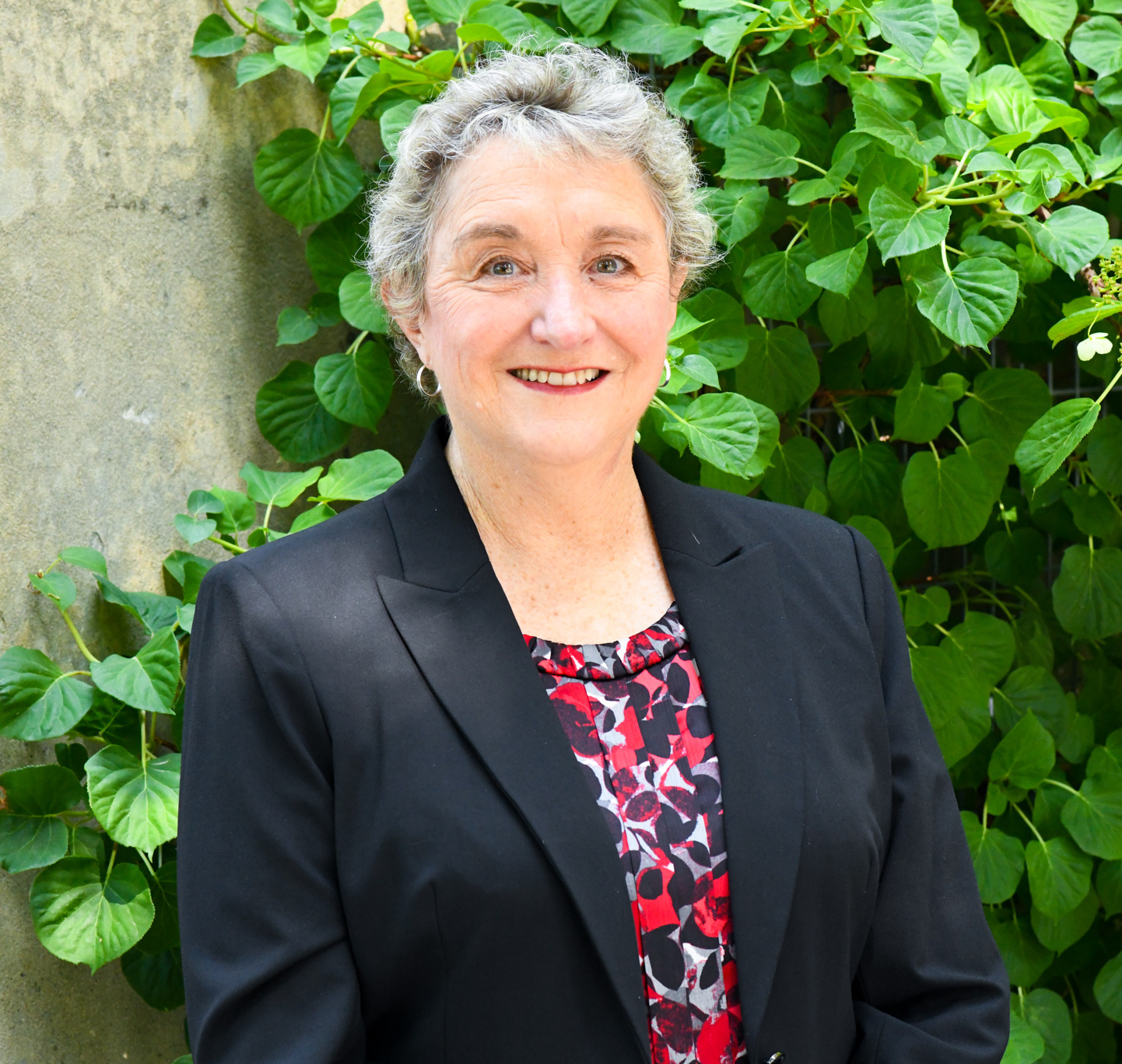
Sue Chase-Cantarini began her career as a nurse in 1986 during the AIDS/HIV epidemic, a time in history she believes parallels the 2020 COVID-19 pandemic. Baptized by fire as a new nurse treating patients with a little-understood condition, Chase-Cantarini quickly learned what it meant to be a compassionate caregiver. “It was not being afraid of patients during the AIDS/HIV epidemic—knowing that they were people and deserved care, no matter their circumstance,” Chase-Cantarini says. She believes a nurse’s ability to view a patient beyond their ailment is the trait that propels nurses to thrive in times of crisis.
Chase-Cantarini, too, expresses the irony that the largest health crisis in recent history, COVID-19, coincided with the Year of the Nurse and the Midwife. “In a way, nurses are set up to address our current crisis,” Chase-Cantarini says. “We were made for this.” She views the Year of the Nurse and the Midwife as “an opportunity to recognize nurses from around the world, doing meaningful and sometimes invisible work.” Chase-Cantarini feels the pandemic is a chance to highlight and celebrate the crucial role nurses play not only during this time, but “every day, all over the globe.”
SHEILA DEYETTE, PHD, APRN, PMHCNS-BC
Associate Professor (Clinical)
Director, Psychiatric/Mental Health Specialty Track
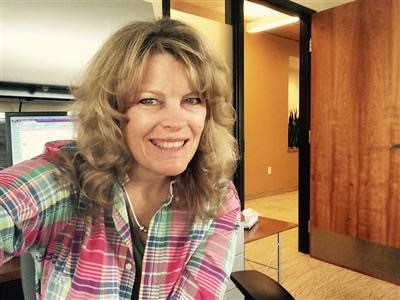
According to Sheila Deyette, the ability to emotionally connect with patients is a nurse’s greatest strength. As the Director of the Psychiatric/Mental Health Specialty Track, Deyette understands that attending to a patient’s mental healing is just as crucial as their physical healing. “The most effective tool a psychiatric/mental health nurse has is themself and their emotional vulnerability,” states Deyette, “We want to facilitate healing at a deeper level, so our patients can hopefully find peace in their situation.” Developing a nurse-patient connection on an emotional level is something Deyette believes is an integral part of managing a patient’s health journey.
For Deyette, the Year of the Nurse and the Midwife centers around recognizing the physical and emotional labor nurses perform every day. “Nurses are always putting others first, and that’s draining,” Deyette says. “I think nurses are willing to pay that price because we know how meaningful it can be.”
“Nurses are not going to run away from a crisis, they are going to run toward it,” Deyette states, citing Florence Nightingale’s proactivity in the Crimean War, and the countless nurses managing the frontlines of the COVID-19 pandemic. “Nurses face adversity head on.” Deyette sees 2020 as an opportunity for nurses to be appreciated for their selfless and tireless work in health care.
LINDA EDELMAN, PHD, RN
Associate Professor
Director, Hartford Center of Geriatric Nursing Excellence
Director, Utah Geriatric Education Consortium
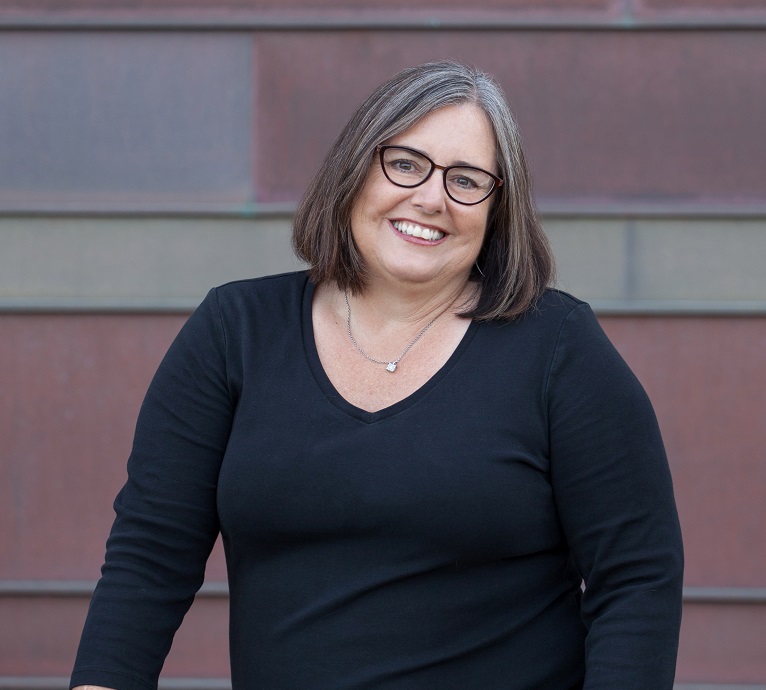
Linda Edelman believes the Year of the Nurse and the Midwife challenges nurses to find their voice, and claim their seat at the health care table. For Edelman, nursing not only involves caring for patients, but “being prepared to be strong advocates for the profession”.
“It’s a challenge for us, as educators, to make sure our students graduate seeing themselves as professionals, and that they are competent not only in their care practices, but also in the way they advocate for our patients and community,” states Edelman. “This year gives recognition to the status that nurses have in health care and in our community.”
Edelman suggests there is a disparity between the large number of nurses working in health care, and the paucity of space that they take up in discussions about health care and policy. She believes that elevating the voice of nurses is crucial to the success of both the profession and health care at large. “There are more nurses than any other health profession, yet we often are silenced. We have to own the responsibility for that silence,” relays Edelman, “We have important things to contribute to the conversation, and need to advocate for ourselves, our patients and communities.”
ANDREA WALLACE, PHD, RN, FAAN
Associate Professor
Chair, Division of Health Systems and Community Based Care
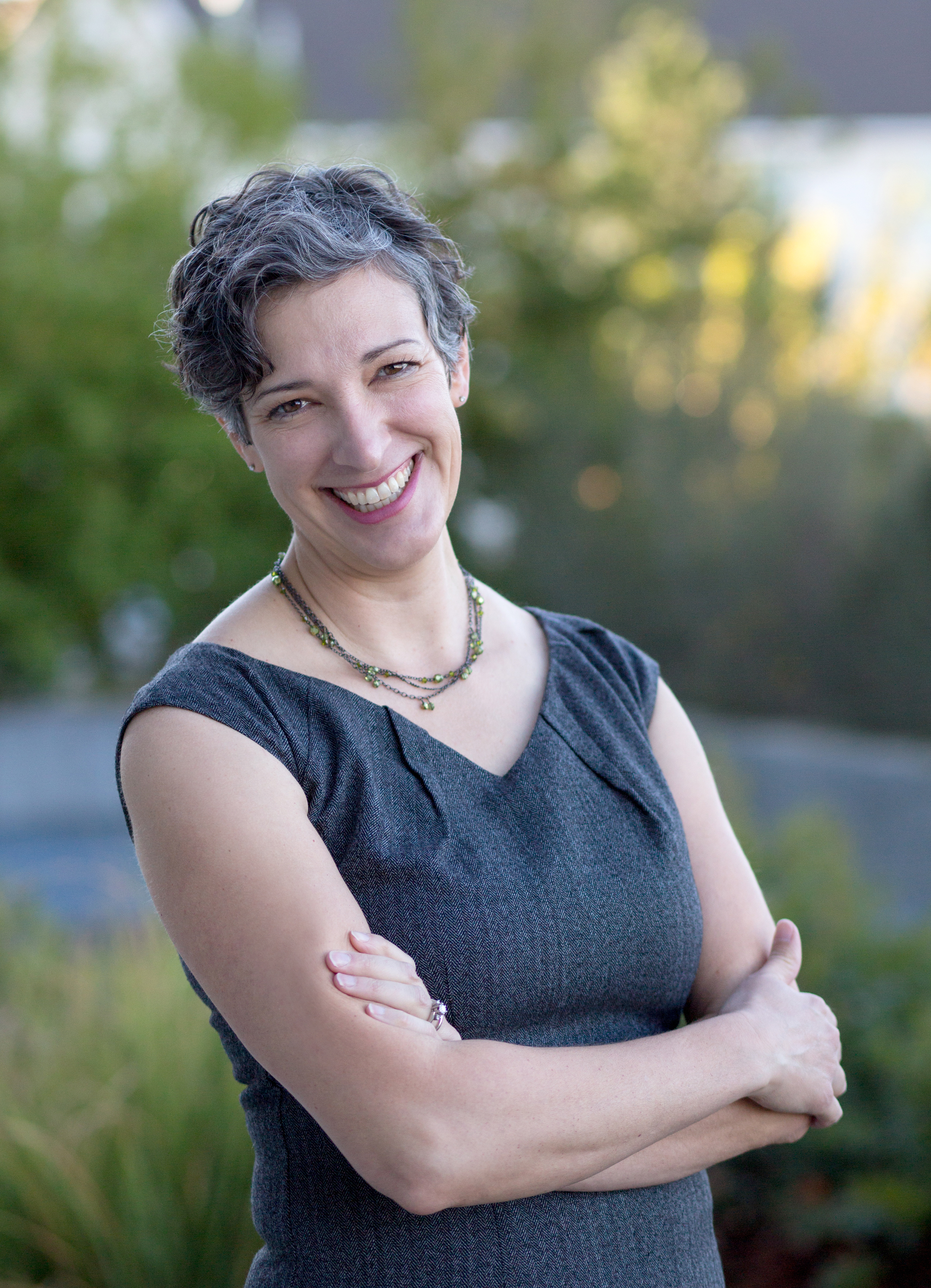
For Andrea Wallace, the Year of the Nurse and the Midwife hearkens back to Florence Nightingale and the foundation of nursing, as 2020 is also the 200th anniversary of Nightingale’s birth. “Florence Nightingale is an inspiration for many nurses,” says Wallace. “Her work as a statistician, activist, and public health expert has always resonated with me.” Wallace appreciates the timelessness of nursing’s core missions, and reflects on how far nursing has come as a profession in 200 years, while maintaining consistent themes of compassion and advocacy.
One constant of nursing that drew Wallace to the profession is the close relationship nurses garner with their patients. As a psychology and organismic biology graduate working in a lab, Wallace pivoted her career interest due to an experience she had while volunteering with a group of practitioners. “I was impressed by the type of relationship the nurses had with patients,” Wallace recalls. “It really inspired me to head in the direction of nursing versus other health professions.” Wallace believes the field’s focus on trustworthy and intimate patient care is timeless, and that a nurse’s “impact on a patient’s life is only limited by our imagination.”